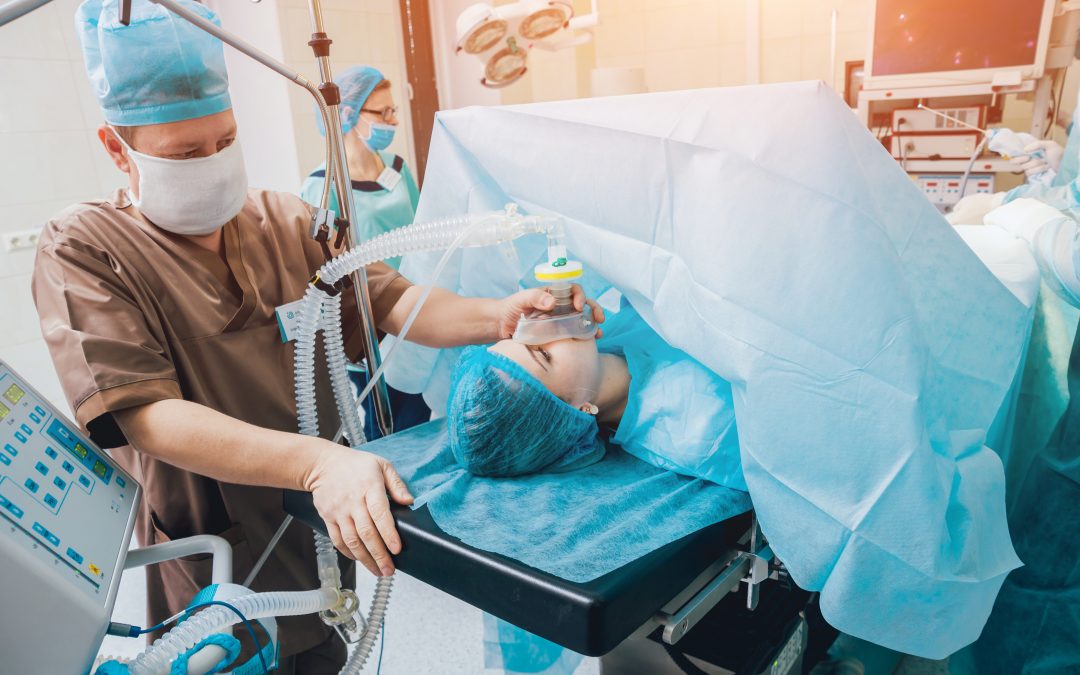The COVID-19 Coronavirus has been challenging. One challenge has been determining how scarce medical resources are allocated among patients, particularly when the patients outnumber the available resources. The process of determining how different medical situations are prioritized, and then applying care and resources to people in those situations, is known as triage. The goal of triage is to save human lives to the greatest extent possible.
With COVID-19, the most pertinent question is this: if there is a shortage of ventilators in a hospital, what criteria should determine who gets a ventilator first? Ideally, there would be no shortages, but that is unfortunately not the case. Due to the intrinsic dignity of the human person, all people must be treated with equal respect in every situation, including difficult ones. A crisis is not an excuse for violating the dignity of a single human person made in God’s image and likeness (Gen. 1:26), particularly the most vulnerable, such as the handicapped and elderly.
In contrast, utilitarian bioethicists argue that the ends justify the means and that the needs of the many outweigh the needs of the few, so discriminating against certain groups is deemed acceptable if it could lead to better outcomes for another group, particularly a numerically larger one. In the context of the COVID-19 pandemic, this would mean categorically denying care to the handicapped and elderly to help the young and healthy.
We must be careful not to allow a human crisis in the form of COVID-19 to turn into a moral crisis in the form of discrimination against the most vulnerable. As the Catechism teaches:
“It is therefore an error to judge the morality of human acts by considering only the intention that inspires them or the circumstances (environment, social pressure, duress or emergency, etc.) which supply their context. There are acts which, in and of themselves, independently of circumstances and intentions, are always gravely illicit by reason of their object; such as blasphemy and perjury, murder and adultery. One may not do evil so that good may result from it.”
(Catechism of the Catholic Church, 1756)
While hoping for the best, we must confront the reality that there may not be enough supplies to save everyone’s life. In such a case, there are certain fundamental principles that should be applied in triage. Firstly, the criteria used to determine who gets a ventilator, for instance, must be relevant to who medically needs a ventilator, and/or who would benefit most from a ventilator. Criteria such as age and disability enter into this latter determination on a case-by-case basis insofar as they may affect a person’s chance of recovery, but should never be per se exclusions from receiving a ventilator. This is because we cannot allow subjective quality of life assessments to determine who receives care. It also goes without saying that race or gender should not be utilized as criteria for who receives a ventilator.
To the extent possible, medical institutions need to utilize accurate medical tests to make triage determinations, such as the Sequential Organ Failure Assessment (SOFA) Score. In principle, we must keep in mind that the weak and vulnerable have more right to care because they have more need for care. In enacting this approach, we model the approach of Christ who says that the greater the sinner, the greater their right to receive His mercy.
Secondly, the patient’s wishes and the wishes of his or her family should be respected as much as possible provided they are not requesting something immoral. Medicine is at the service of the human person and needs to respect the wishes of individual patients and their families. Mandatory do not resuscitate orders (DNRS) are immoral because they do not take into account the wishes of patients and their families. Doctors are not present simply to treat a disease but to treat a person in the fullness of his and her personhood within the context of the family. To prevent medicine from becoming a tool of power rather than a service to the common good, it is vitally important to respect the proper autonomy of patients and their families.
Thirdly, we should remember that charity, and not coercion, is the most human response to a crisis. Occasionally, there are heroic people like St. Maximilian Kolbe, who gave up his life for a married man in a concentration camp. But such charity has value because it is a voluntary act of total love. St. Maximilian, in imitation of Christ, willingly died so that another might live. He would have been denied the opportunity for heroism if he had simply been selected to die. Charity cannot result from coercion. To the extent possible, we should allow charity to be the measure of triage and strive to avoid coercion.
While these principles are not exhaustive, they represent a summary application of Catholic social teaching to triage. May God protect all people and may love be our aim.

